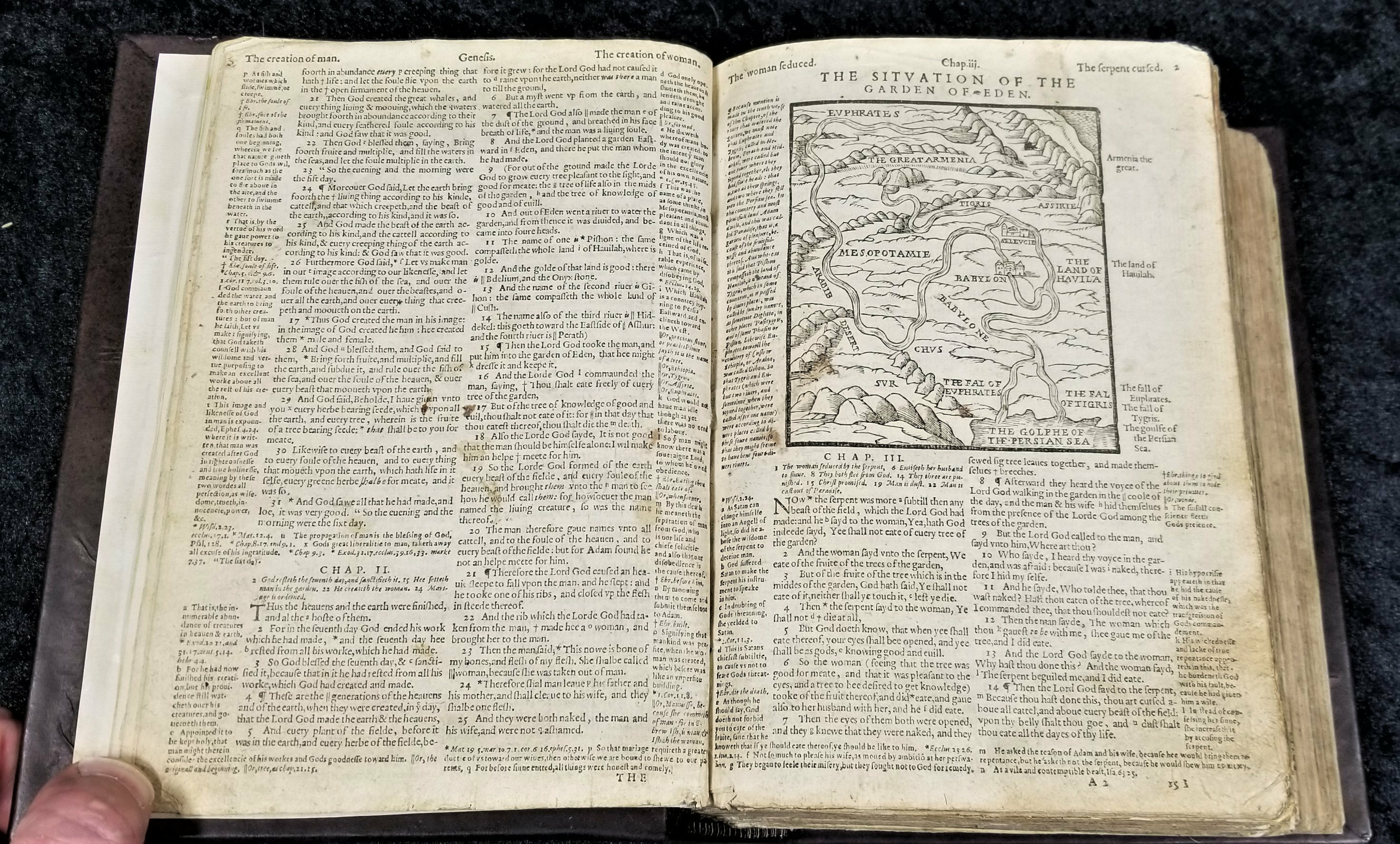

In Church, Change and Revolution, Edited by: van den Berg, Johannes and Hoftijzer, P. “ Resistance and Revolution in Sixteenth-Century Thought: The Case of Christopher Goodman”. See Goodman Goodman, Christopher, How Superior Powers Oght to be Obeyd of their subjects: and wherin they may lawfully by Gods Worde be disobeyed and resisted, Geneva, 1558. A Short Treatise of Politic Power, Strasburg, 1556 Menston, England: A Scolar Press Facsimile.Ħ. See the prefatory note to Ponet Ponet, John. In Protestantism and the National Church in Sixteenth Century England, Edited by: Lake, Peter and Dowling, Maria.

“ Marian Protestants and the Idea of Violent Resistance to Tyranny”. Literature and Theology: An International Journal of Religion, Theology and Culture, 14(1): 1– 16. Deconstructing the Geneva Bible: The Search for a Puritan Poetic. , The Puritan Millennium 57 – 79 and Gribben Gribben, Crawford. The Puritan Millennium: Literature and Theology, 1550 – 1682, Dublin: Four Courts P. The Apocalyptic Tradition in Reformation Britain, 1530 – 1645, Oxford: Oxford UP. A Chronological Bibliography of Propaganda and Polemic Published in English Between 15 from the Death of Edward VI to the Death of Mary I, Philadelphia: American Philosophical Society.ģ. “The Genevan Version of the English Bible.” Unpublished D.Phil. Berry alerts us to Alexander Alexander, John David. All quotations from the Geneva Bible are from this edition. , Introduction to The Geneva Bible 1 – 24 (17, n. The Geneva Bible: A Facsimile of the 1560 Edition, Peabody, Massachusetts: Hendrickson.

As a consequence, the Geneva Bible's marginal notes could only be used to legitimize revolution through radically reductive reading strategies.ġ. While some of the Geneva notes and prefaces encourage a revolutionary response to tyrants, there are many others that recommend obedience or passive resistance. A close reading of the Geneva Old Testament leads to the conclusion that its politics are undecidable because the notes and prefaces faithfully reflect the internal political undecidability of the Bible itself. Focusing on the 1560 Old Testament, this article takes a fresh look at the text, marginal notes and editorial apparatus of the Geneva Bible in order to ask whether they can be read as recommending English readers to overthrow Mary Tudor as an idolatrous tyrant and whether they could be read as giving support to the revolution against Charles I almost a century later. Since its first publication in 1560, the Geneva Bible has been considered by many as a revolutionary or seditious text, especially because of the numerous explanatory notes that the translators added in the margins of the text.


 0 kommentar(er)
0 kommentar(er)
